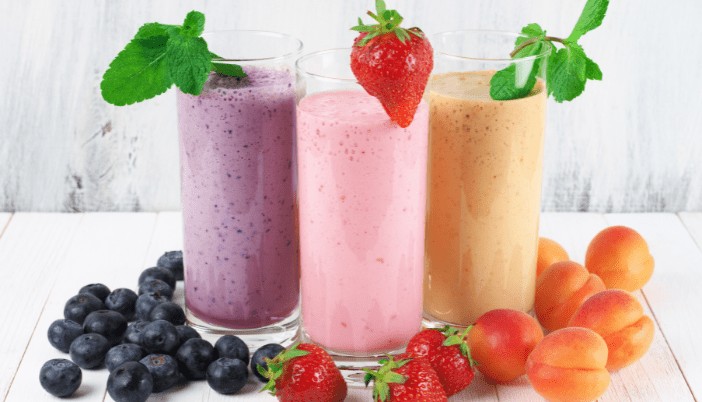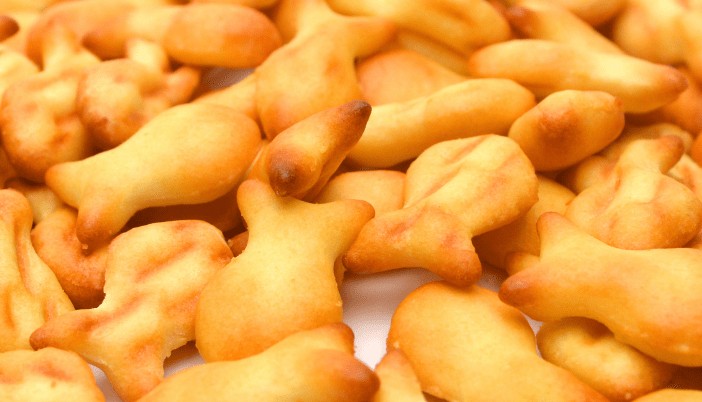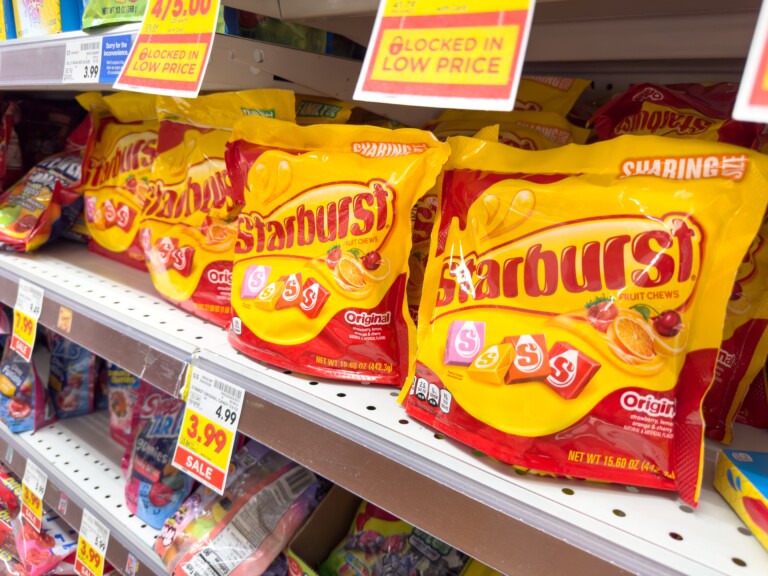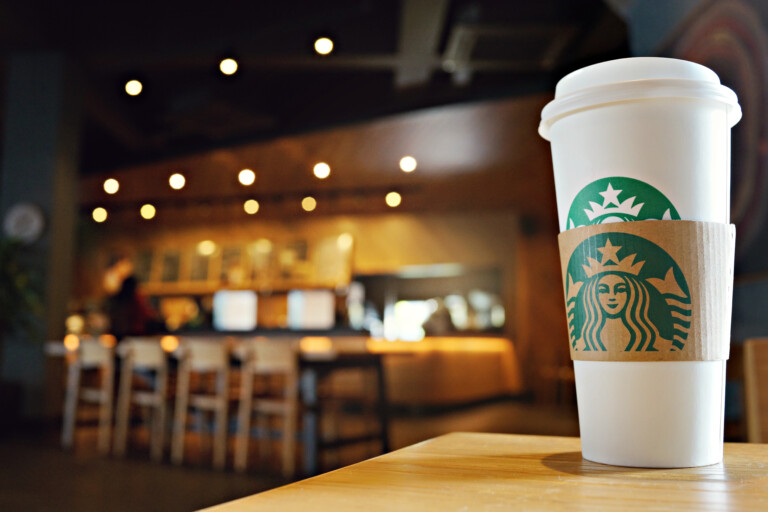Are Pickles Vegan?
Good news! Pickles are 100% vegan.
What are Pickles?
So, pickles aren’t actually a vegetable in their own right.
They are mini cucumbers that have been fermented in liquid (usually vinegar or brine combined with water, salt and sometimes sugar). The pickle’s name derives from the act of ‘pickling’ food in order to preserve the product and keep in its nutrients.
As an Amazon Associate, I earn from qualifying purchases. The links below may be affiliate links. Please read my disclosure policy for more information.
What is Pickling?
Pickling is the act of immersing a food in a mixture of vinegar, water, and salt. To pickle a product, you need to bring your mix to a soft boil, immerse your food items and remove it from the heat immediately to cool down.
Once the mixture has cooled, you can then bottle the food (including the liquid) in an air-tight container and, if left unopened/not exposed to air, the product will stay ‘fresh’ and edible for years. Pickles need to be kept in this liquid otherwise they will dry out.
Pickling prolongs the shelf life of food by immersing it in vinegar-based liquid, or through the anaerobic fermentation method.
Pickling will alter the food’s texture and taste dramatically. Foods that are commonly pickled include vegetables, fruits, fish, eggs, and meat. Almost anything can be pickled or fermented!
Pickling will also prolong the shelf life of “perishable” foods by lowering the pH so that harmful bacteria doesn’t grow and “spoil” the food or cause it to rot. Some spices and herbs have antimicrobial properties that inhibit the growth of microorganisms, including mustard seed, cinnamon, cloves, garlic, dill, star anise, and many more.
Pickling will give the food a sharp, bitter, vinegar-y taste. The use of herbs will provide a more flavorsome pickle.
Although the act of pickling is both cost-effective and simple, it is important to get it right each time. If your container isn’t airtight or you haven’t used enough salt, the bacteria thrive and cause your food to decompose.
Consequently, if you use too much salt it will kill off the good, “friendly” bacteria, so precision is key. The amount of salt needed depends on how many pickles you plan on pickling!
How to Produce a Pickle!
The essential ingredients include the following:
Cucumber
Cucumbers are vegan-friendly because they’re a fully plant-based food. Buying cucumbers from a farmer’s market or local wholefood retailer is better than purchasing from supermarkets, as the latter tend to be heavily waxed to prolong the shelf-life of the product.
Buying locally always guarantees stronger ethically sourcing than from mass consumer companies, which can be an important factor for many vegans.
Vinegar
All types of vinegar are vegan friendly. Vinegar is made from plants like apples, grapes, cherries, peaches, white wine, or barley. The process is similar to making alcohol, and thus, many things can be used to make vinegar.
Brine
Brine is a highly concentrated solution of salt-water. Salt is used to draw out water from cucumbers to prolong their shelf life.
Also, salt in brine is used to control the growth of friendly bacteria and yeast during the fermentation process. Because brine is effectively just salt water, it contributes to pickles being classed as fully vegan.
Calcium Salts
Because cucumbers have a hollow, ‘squishy’ texture, they tend to lose their firmness during the pickling process/when immersed in liquid.
To prevent this, calcium salts are added to pickles to help them maintain hardness and will stop them falling apart. These salts come from calcium chloride, which is also vegan friendly.
Baking Soda / Sodium Bicarbonate
This can be added to control pH levels, or as a leavening agent. It is sourced from sodium carbonate, a mineral that is mined from the earth, which naturally makes it vegan friendly in itself.
The extraction of the mineral is similar to fracking, which may be worth bearing in mind for those eating a vegan diet for purposes of ethics and monitoring their carbon footprint.
Sorbic Acid
Sorbic acid can be used additionally as for preservation purposes. It’s a chemically produced preservative with non-animal components, so it is vegan-friendly.
Calcium Disodium EDTA
This is a synthetic preservative that prevents crystallization and slows down the loss of color, which can happen in all fermentation processes, particularly to vegetables.
It’s chemically produced and contains no animal compounds, therefore suitable for a plant-based diet.
Flavorings (if preferred)
Flavorings can be used in pickles, and they are vegan-friendly, as they are predominantly natural herbs or spices. Some of them include:
Are Pickles Healthy?
Generally, yes. Cucumbers are healthy, calorie-free food and pickling is a good way of preserving nutrients as well as shelf-life. The average container of pickles nutritional value is as follows:
- Calories – 11 kcal
- Total Fat – 0.2g
- Saturated Fat – 0.1g
- Dietary Fiber – 1.2g
- Sodium – 1208mg
- Total Carbohydrate – 2.3g
- Dietary Fiber – 1.2g
- Sugar – 1.1g
- Protein – 0.3g
- Vitamin D – 0.00mcg
- Potassium – 23mg
- Calcium – 0.00mg
- Iron – 0.40mg
Pickles are low in fat and calories, but those watching their salt / sodium intake may wish to avoid overindulging!
They do, however, hold several health benefits. They provide antioxidants, which comes of the fermentation process. The antioxidants also prevent cell damage by removing free radicals.
High antioxidant food reduces the risk of cancer and cardiovascular diseases, as well as cleanses the liver. They are said to help moderate blood sugar levels too, as well as restoring the body’s electrolytes.
They are also considered a probiotic food, therefore they are good for the immune system, general health maintenance and can aid in weight loss. They are rich in Vitamin K too.
Homemade pickles are the healthiest option as you can control how much salt goes into the mix, as well as the addition of preservatives and other chemicals sometimes used in the modern fermentation process (these aren’t vital for the fermentation process.
It can be done with vinegar and/or salt alone, if you wish to avoid the use of chemicals.)
What are Dill Pickles?
Dill pickles are effectively the same as standard pickles, just with the added ingredient of dill, which is a flavorsome herb. Dill pickles are a popular addition to burgers, hot dogs, in relishes, and as a snack.
Other Types of Pickles
- Bread & Butter Pickles (usually include onions in the fermentation process)
- Refrigerator Pickles
- Sweet Pickles
- Gherkins
- Kosher Dill Pickles (made with Kosher salt)
- Cinnamon Pickles (usually seasonal)
Where Does the Name ‘Bread & Butter’ Pickles Come From?
It is said that during the Great Depression in America that sweet and sour pickles were low-cost, but because monetary value was almost non-existent, bartering was often used to acquire food, and it is said that pickles were often bartered for the staples bread and butter.
Conclusion
Pickles make a great addition to the plant-based/vegan diet because none of the pickling compounds are derived from animals or are particularly unethically sourced. They are also nutrient-rich, low in fat and calories, easy to make at home and packed full of flavor.






